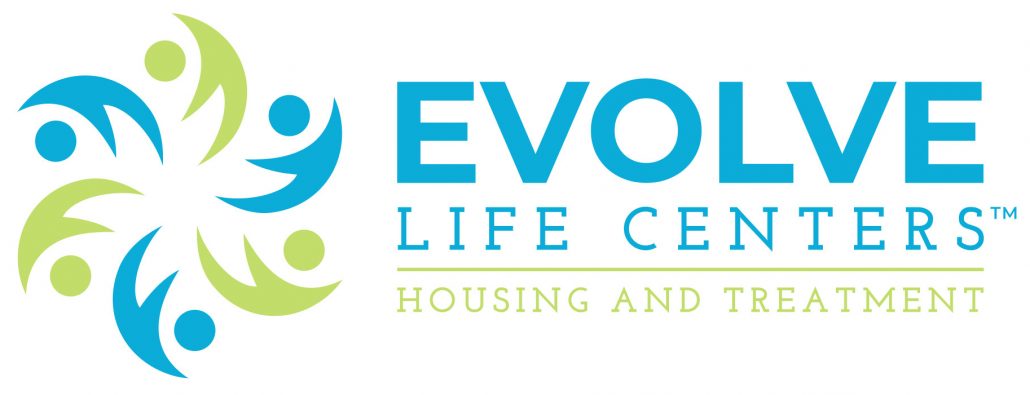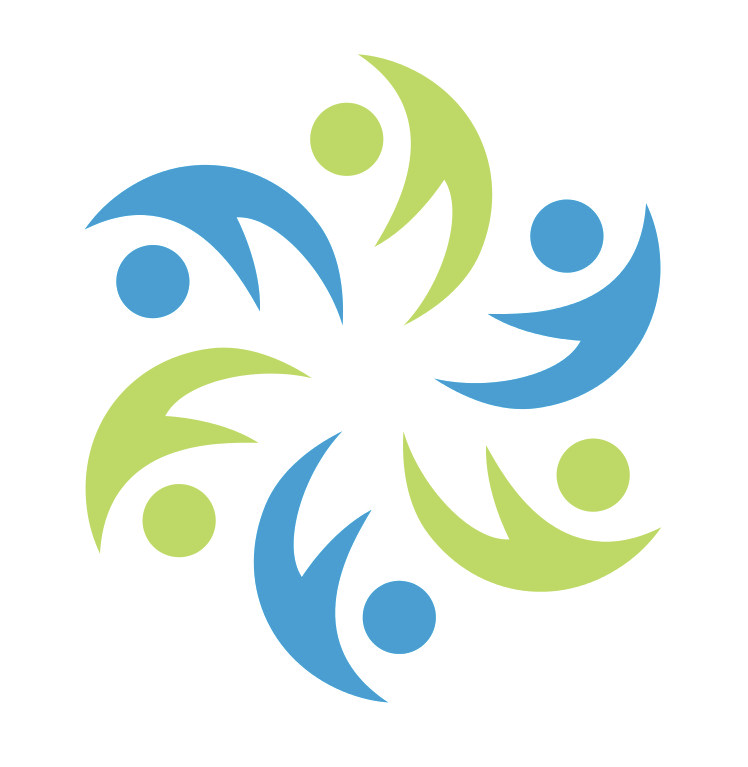What treatment is right for me?
Addiction to alcohol or other drugs can be classified as mild, moderate or severe. The most effective treatment—whether a residential or an outpatient program or outpatient treatment—really depends on the severity of your substance abuse challenges and whether you’re also experiencing related medical or mental health complications that’s why you need to carefully and correctly answer the question: “what program is right for me?”
Outpatient programs works best if you are experiencing mild or moderate substance abuse symptoms. It is an ideal option if you have the motivation to get sober but can’t step away from life’s responsibilities in order to stay at a residential treatment center.
A residential program is a better fit if you’re on the more severe end of the spectrum or if you’re struggling with co-occurring disorders such as depression, anxiety or trauma.
Different levels of treatment are available at Evolve Life Centers so that you can transition progressively from more frequent and intensive therapy to less intensive therapy as you gain the insight and skills to manage your recovery with less clinical support.
What are the different types of outpatient treatment?
Outpatient treatment programs vary in the number of days per week and hours per day of attendance. The right outpatient program for you depends on your treatment needs.
Here are the most common outpatient options to consider:
Partial Hospitalization Program (PHP)
PHP is our highest level of outpatient treatment available, with programming that typically meets six days a week for five to six hours a day. Some people start treatment directly in our PHP program and others transition into the program after completing residential addiction treatment.
Intensive Outpatient Treatment
Treatment is four days a week and includes a variety of groups and individual sessions. Gender specific and other specialty groups are available.
[Low-Intensity] Outpatient Treatment
[Low-Intensity] Outpatient treatment is available for those who are demonstrating stability in many areas and can benefit from less-frequent clinical support in weekly group settings and monthly individual sessions. The number of sessions may be reduced as your clinical milestones are met. These groups are available for those who may be transitioning from a more structured treatment setting or may be a place to start to explore benefits of a recovery lifestyle.
Medication Assisted Treatment
One treatment that has grown in popularity and medical approval is medication assisted treatment (MAT). This form of treatment utilizes psychotherapy and behavioral therapies in combination with medications that are specialized for addiction. There have been may studies demonstrating the efficacy of MAT and improvising patient retention in treatment, ongoing recovery after treatment, and overall survival from addiction. This form of treatment has primarily been utilized for treatment from opiate use disorder, and can assist with alcohol use disorder as well.
What are the residential programs Evolve offers?
Residential treatment is the highest level of treatment services for patients who are diagnosed with alcohol or drug addiction (known medically as substance use disorder). We offer a 3.3 High Intensity Program and a 3.1 Low Intensity Program. Picking the proper program begins with learning about your specific situation. Our treatment team will evaluate your medical health, mental health and substance use history in order to design an individualized plan for you. With your permission, our staff may also talk with your family members and consult with professionals you might already be working with to help address any related challenges you may be facing.
Because addiction is a disease that affects your body, mind and spirit, we bring a multidisciplinary team of clinicians together to create a total plan for you.
Are you ready to take your first step to a better life?
Learn about our admission process
How do I know if I need residential treatment for substance abuse?
- Am I at high risk of experiencing drug or alcohol withdrawal symptoms?
- Have I had a relapse (a return to drinking/drug use) after getting sober?
- Have I already tried a less intensive level of drug or alcohol treatment?
People who benefit most from a residential level of addiction treatment answer “yes” to at least one of the questions above.
You will also want to consider what’s best for your overall mental health needs. Many also struggle with a co-occurring mental health condition, such as depression, anxiety or post-traumatic stress disorder (PTSD). It’s really helpful (and most effective in the long-term) to address all of your challenges in an integrated and holistic way during addiction treatment.
Another factor to consider in choosing between an residential and outpatient treatment center is whether you have a healthy and supportive home environment where your recovery will be a priority. If you do, outpatient treatment could be a good fit. Otherwise, a residential treatment program can provide you with that essential sense of community and mutual support.
Outpatient Mental Health Services
Evolve Life Centers offers outpatient mental health services for anyone struggling to cope with life’s challenges. Whether you’ve been diagnosed with a mental health disorder or you are just beginning to seek answers, our mental health professionals can help you build a healthier life for yourself. Our client-centered approach is evidence-based and individualized to meet your unique clinical needs.
Mental health assessments and counseling can be a helpful place to start when you’re struggling in life but don’t really know what you need. Mental health care is also important if you are a family member or loved one of someone struggling with addiction and you don’t know how to help them or yourself. Whatever your situation, start with a mental health assessment.
Some of the most common mental health issues include:
- Stress
- Trouble coping or unhealthy coping strategies
- Feeling overwhelmed
- Trouble sleeping
- Excessive worry
- Trouble at work
- Trouble communicating with others
- Building resiliency
- Experiences of sadness and anger
- Feeling isolated, lonely
- Feeling grief or loss
- Trouble concentrating
- Trauma or difficult life events
- Poor self-esteem or not feeling good about oneself
- Comprehensive behavioral assessment
- Individual therapy
- Referrals to resources for education and support
- Family and couples therapy


